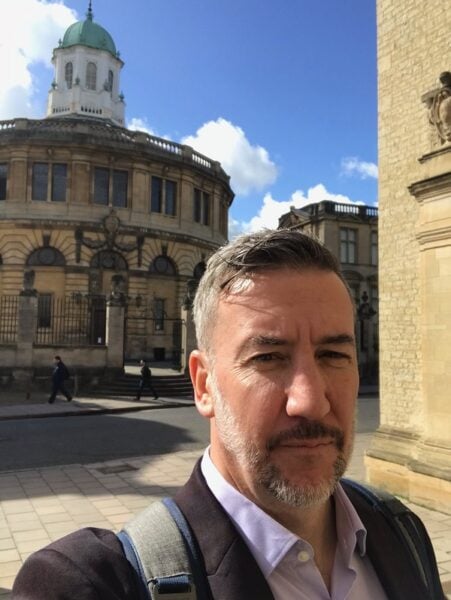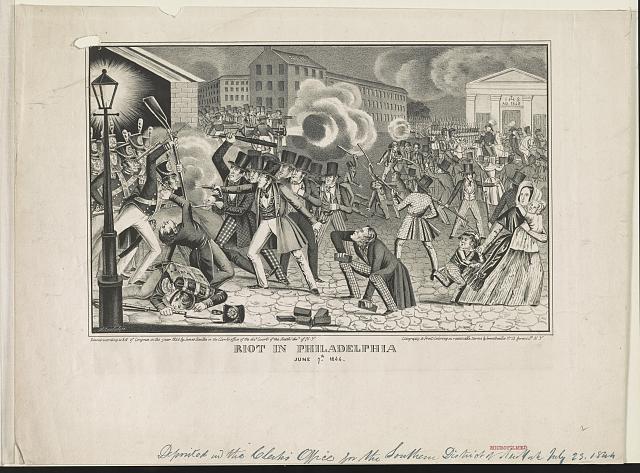Raymond Abruzzi is a history major in the Science and Society program at Columbia University, the program director of Wiley Digital Archives at John Wiley & Sons, and a senior consultant at Greenpoint Monitor Consulting. Ray lives in Brooklyn, New York, and has been a member since 2018, though he has been attending AHA annual meetings for over 15 years in a professional capacity.
Websites:
https://www.wileydigitalarchives.com/
https://www.linkedin.com/in/rayabruzzi/
https://greenpointmonitorconsulting.com/
Twitter:@rayabruzzi
 Alma maters: BA, Columbia University, expected 2021
Alma maters: BA, Columbia University, expected 2021
Fields of interest: evolution of science and medicine, print and publishing, early modern Europe, religion, culture, digital and medical humanities, journalism and media criticism
Describe your career path. What led you to where you are today? I began working in the mail room at a small trade publisher (highlighted publications include Government Food Service). moved up to editorial assistant, then took a job in legal publishing (WestLaw) before moving on to reference publishing (Charles Scribner’s Sons and Macmillan Reference USA), managing the transition from print to digital. I began managing “multimedia” academic resources (Gale-Cengage Learning) before becoming deeply interested in digitizing primary source collections, which I have been doing for over 15 years, now. I returned to school in 2016, to complete my undergraduate degree.
What do you like the most about where you live and work? I love living in Brooklyn, though the rent is too damn high. Wiley gives me the opportunity to explore an underserved area of publishing—digitizing archives from learned societies and scholarly organizations. When I am not enjoying my family, I am very lucky to spend most of my time (carefully) digging through archives around the world.
What projects are you currently working on? Digitizing archives from the Royal College of Physicians and Royal Geographical Society, while exploring the medical humanities in my classes at Columbia and applying digital humanities approaches to my own research.
What’s the most fascinating thing you’ve ever found at the archives or while doing research? I would first point to an uncatalogued map created by T.E. Lawrence, found in the British Library collections—but the real gem in my experience has been in accessing the knowledge of curators and archivists, which I feel is underutilized by many researchers.
What do you value most about the history discipline? It seems critically important to me to emphasize that an understanding of our shared histories can and should inform the present and the future, especially as it relates to policies and to people. Any work I can be a part of to bring our collective past to light, and to bring into discussion the principles, ideas, and lessons learned from previous human experiences so they can be analyzed and interpolated into current dialogues seem worth doing.
Why is membership in the AHA important to you? Being connected to fellow historians enables me to access their ideas, their challenges, and their successes, and helps me to contextualize my own thinking, research, and professional pursuits.
AHA members are involved in all fields of history, with wide-ranging specializations, interests, and areas of employment. To recognize our talented and eclectic membership, Perspectives Daily features a regular AHA Member Spotlight series.
This work is licensed under a Creative Commons Attribution-NonCommercial-NoDerivatives 4.0 International License. Attribution must provide author name, article title, Perspectives on History, date of publication, and a link to this page. This license applies only to the article, not to text or images used here by permission.



